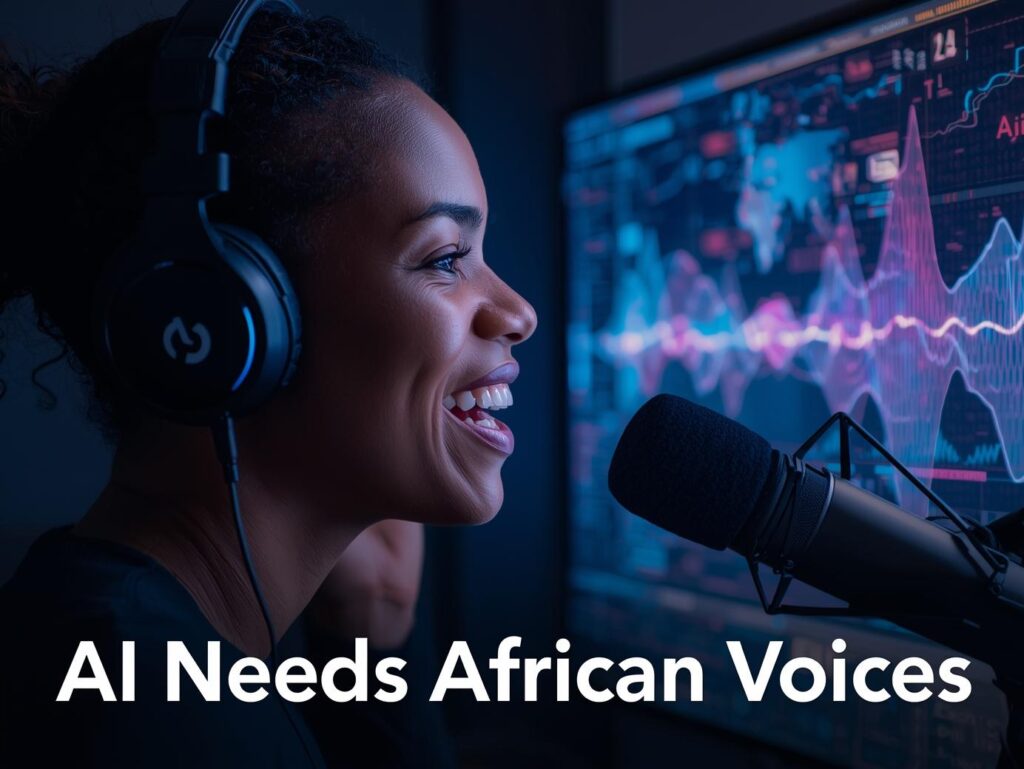Introduction
Artificial Intelligence (AI) is only as smart as the data it’s trained on. The challenge? Most Artificial Intelligence assistants, speech recognition tools, and translation software are built on European or Asian languages. African languages — with their richness, diversity, and complexity — are still underrepresented.
That gap is now creating huge opportunities. Tech companies and research labs are actively searching for African language speakers to help build smarter, more inclusive Artificial Intelligence systems. If you speak Yoruba, Hausa, Swahili, Somali, Amharic, or any other African language, you could be part of this growing industry.
Here’s how.
Why AI Needs African Languages
AI tools rely on large datasets to function effectively. Without African language data, these tools simply don’t serve African users well. That means missed opportunities in healthcare, education, fintech, and beyond.
Some of the most in-demand areas include:
- Voice Recognition – teaching AI how African languages sound when spoken.
- Natural Language Processing (NLP) – helping Artificial Intelligence understand and process African grammar, tone, and context.
- Datasets & Corpora – building text and voice databases for machine learning.
In short, AI cannot be truly global without African voices.
Who’s Hiring?
Surprisingly, it’s not just big tech firms. A range of players are investing in African languages for Artificial Intelligence:
- Tech Giants – companies like Google, Microsoft, and Meta are expanding African language coverage.
- Artificial Intelligence Startups – smaller companies specialising in language Artificial Intelligence and localisation.
- Research Labs & Universities – academic institutions running funded African language projects.
- Outsourcing Agencies – firms contracted to gather data for Artificial Intelligence projects.
What Roles Exist?
If you’re picturing complex coding, think again. Many Artificial Intelligence-related jobs need native speakers, not programmers. Some examples include:
- Voice Recording – reading sample sentences in your native language.
- Transcription – writing down what you hear in recorded audio.
- Annotation – tagging and classifying data (e.g., marking nouns, verbs, or tones).
- Cultural Validation – reviewing Artificial Intelligence outputs to check for accuracy and cultural appropriateness.
These roles are often remote and flexible, making them ideal for those seeking extra income or work-from-home opportunities.
Skills Needed
You don’t need to be a tech expert — but you do need:
- Basic IT Skills – using apps, uploading files, navigating online platforms.
- Accuracy & Attention to Detail – Artificial Intelligence models need clean, precise data.
- Consistency – reliability is highly valued in long-term projects.
- Good Internet Connection – since most work is online.
Optional extras (like linguistic training) will give you an edge over other applicants.
How to Apply
Breaking into Artificial Intelligence projects can be tricky unless you know where to look. Here’s how to get started:
- Register in the Linguistic Pathways Directory – organisations already search here for African linguists with Artificial Intelligence project skills.
- Look for AI Job Postings – on sites like ProZ, Indeed, and Artificial Intelligence-focused agencies.
- Be Proactive – join mailing lists, sign up for beta testing, and reach out to project managers.
The demand is growing — and the earlier you position yourself, the more opportunities you can secure.
Conclusion & Call to Action
African voices are the future of Artificial Intelligence. By contributing your skills, you’re not only earning income but also shaping technology for generations to come.
Be part of the movement. Register as a linguist with Linguistic Pathways today and get connected to Artificial Intelligence projects in need of your voice.


